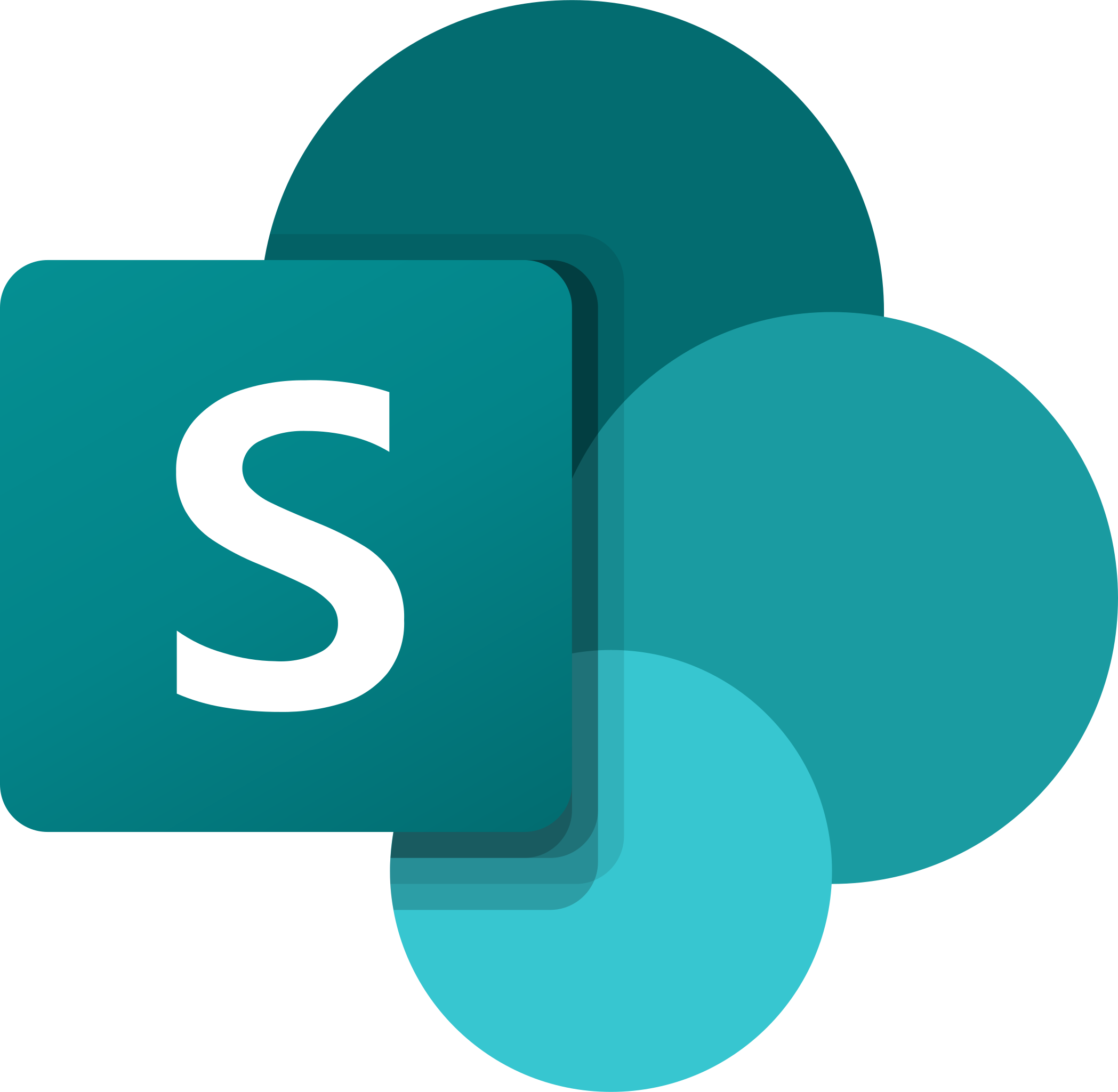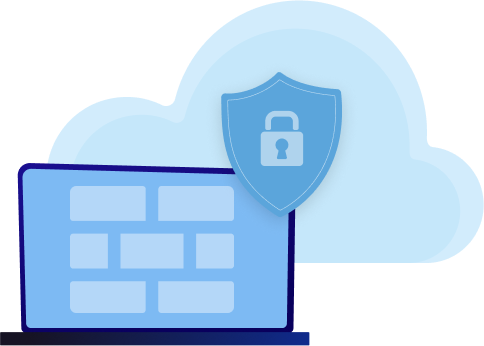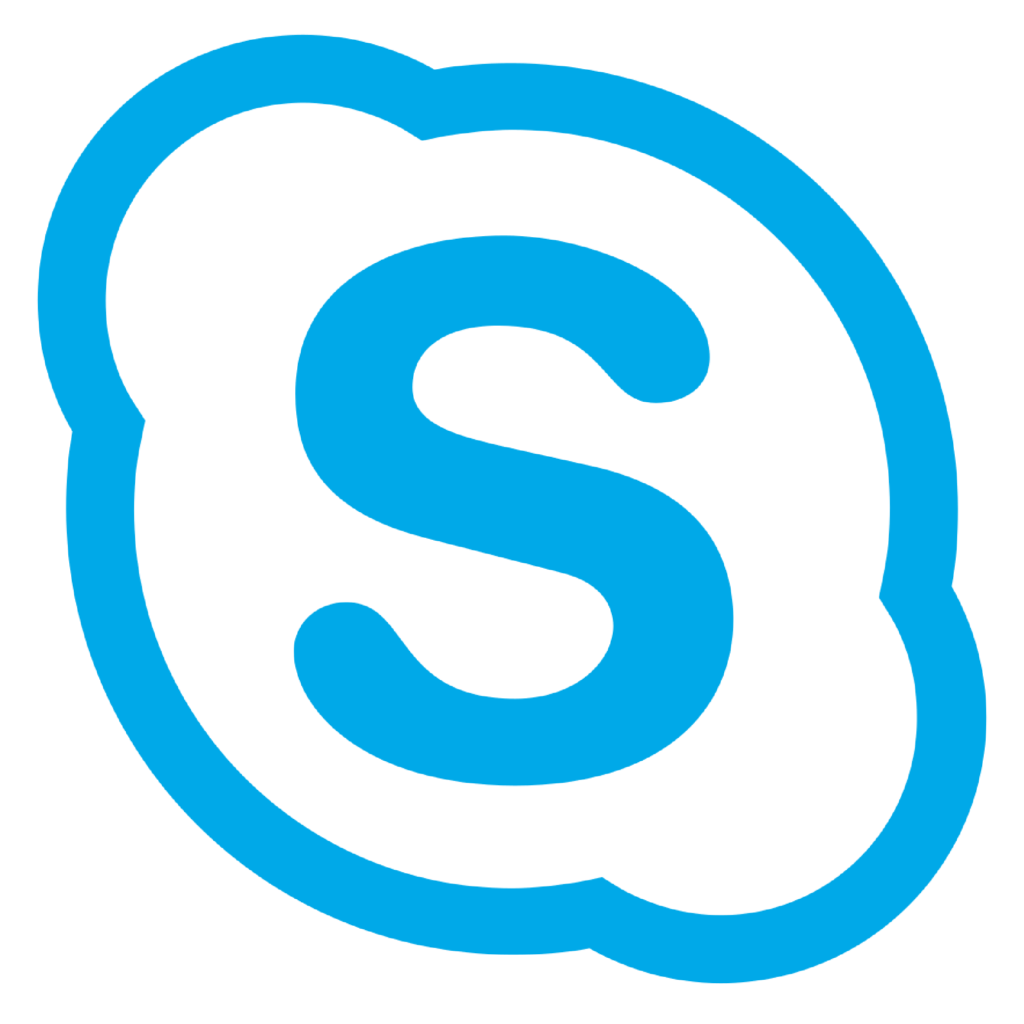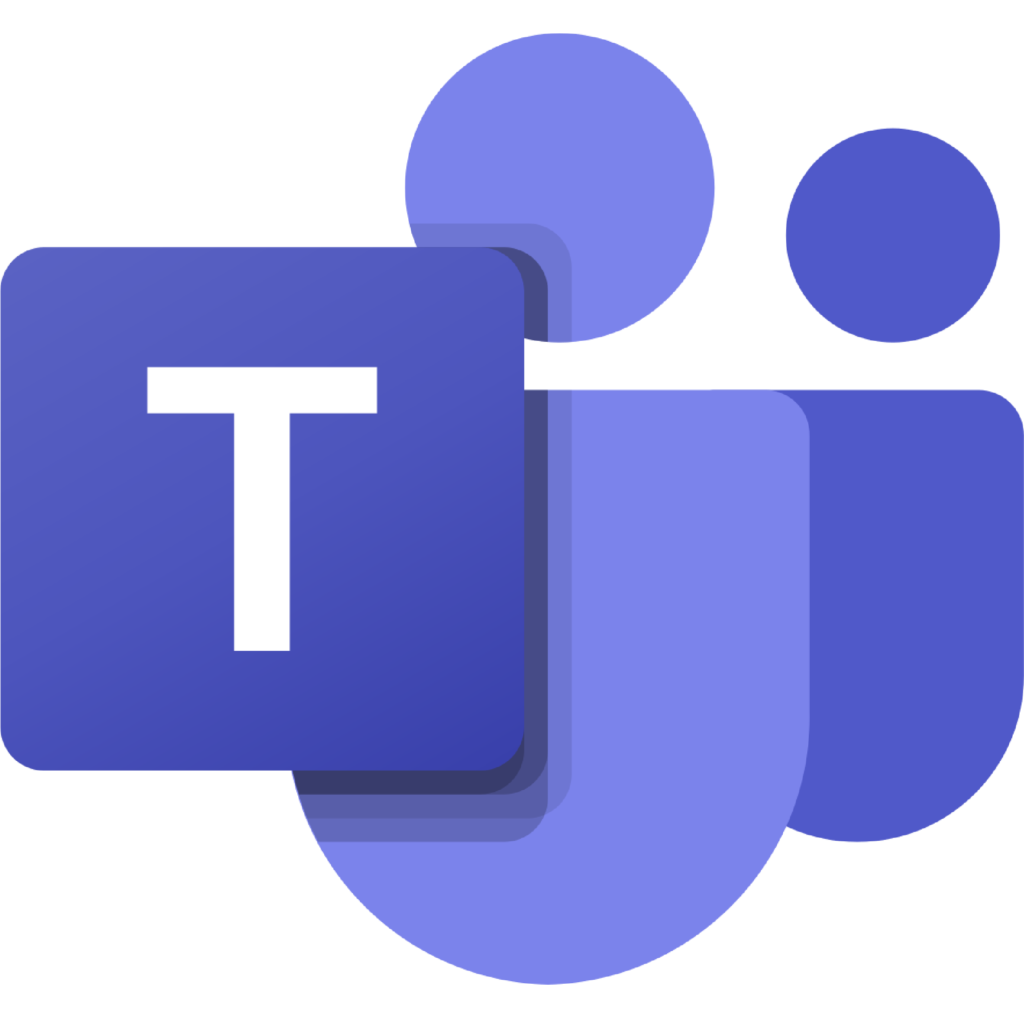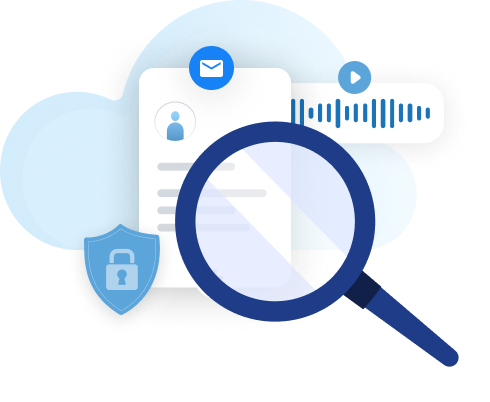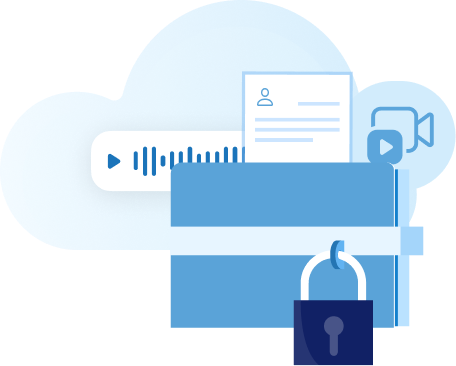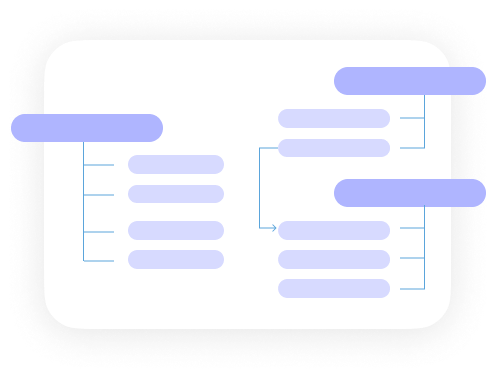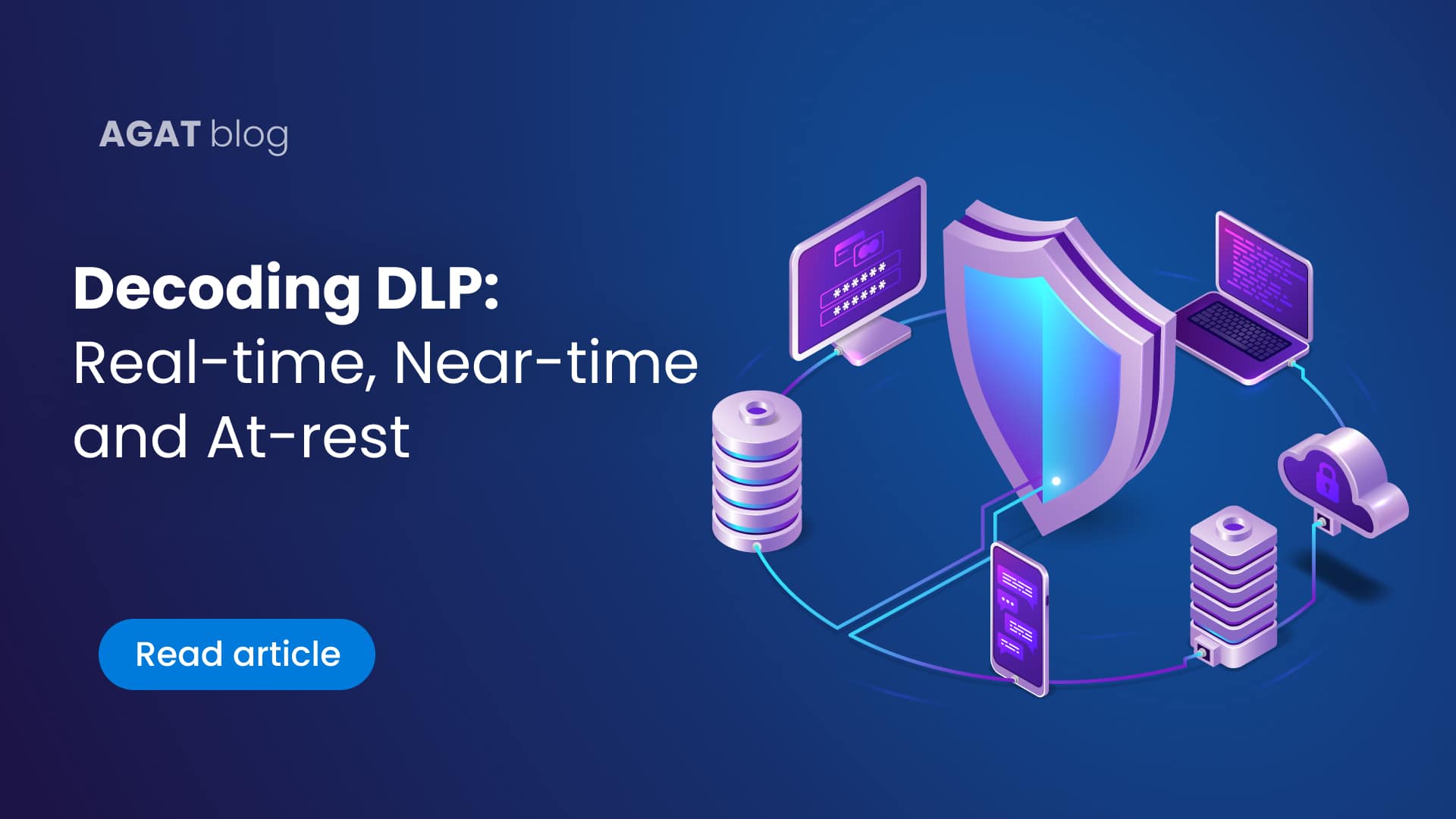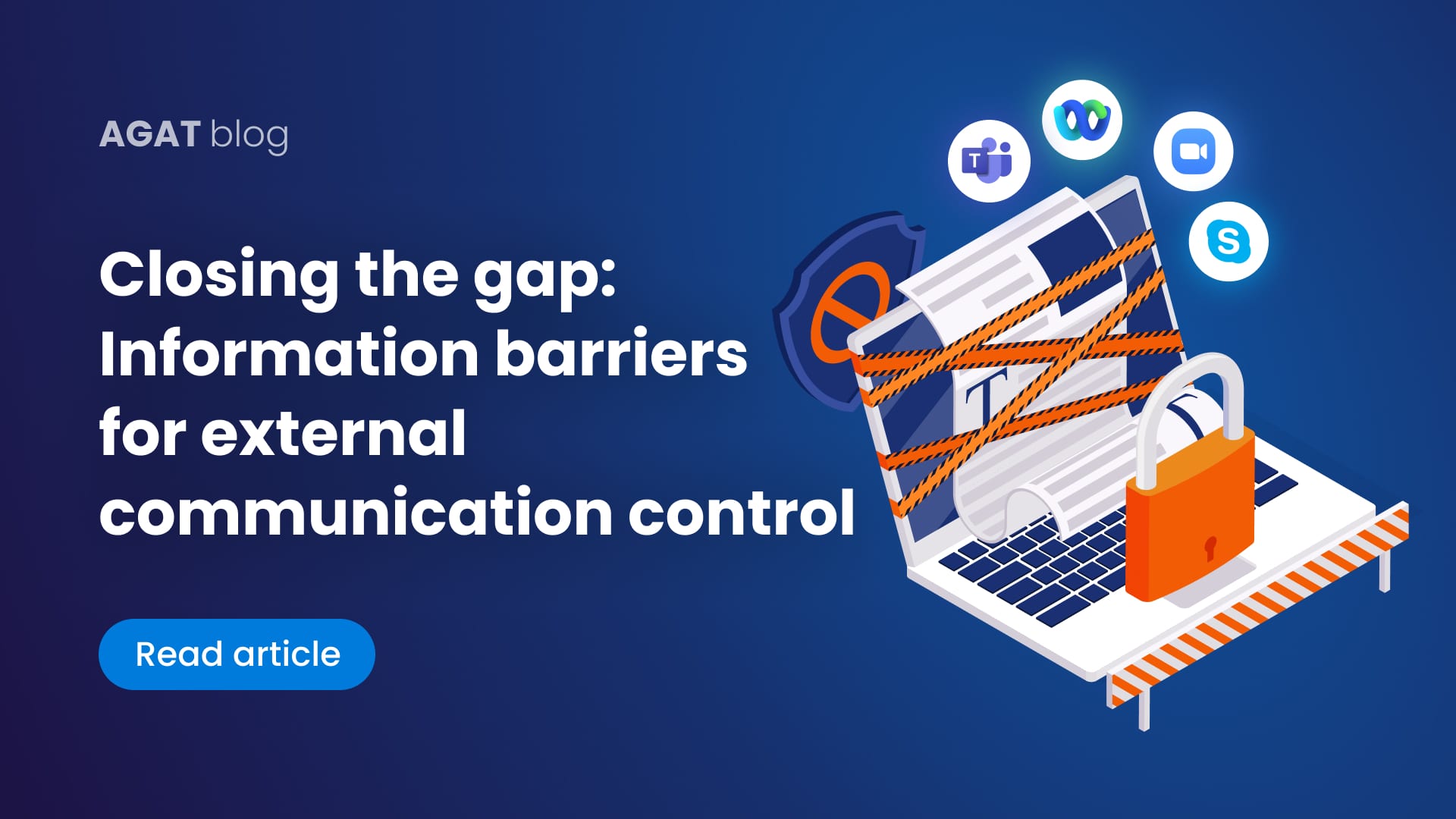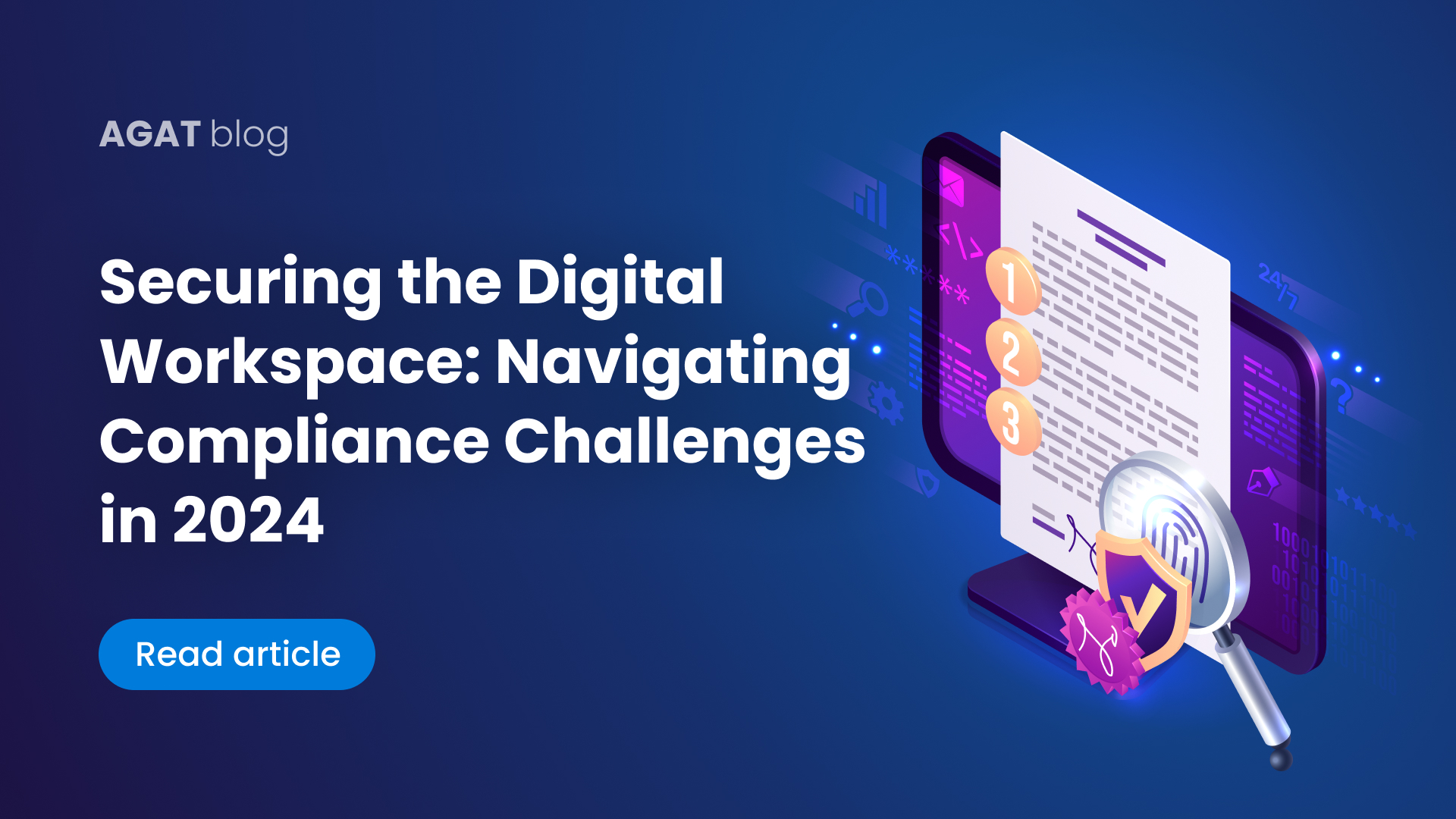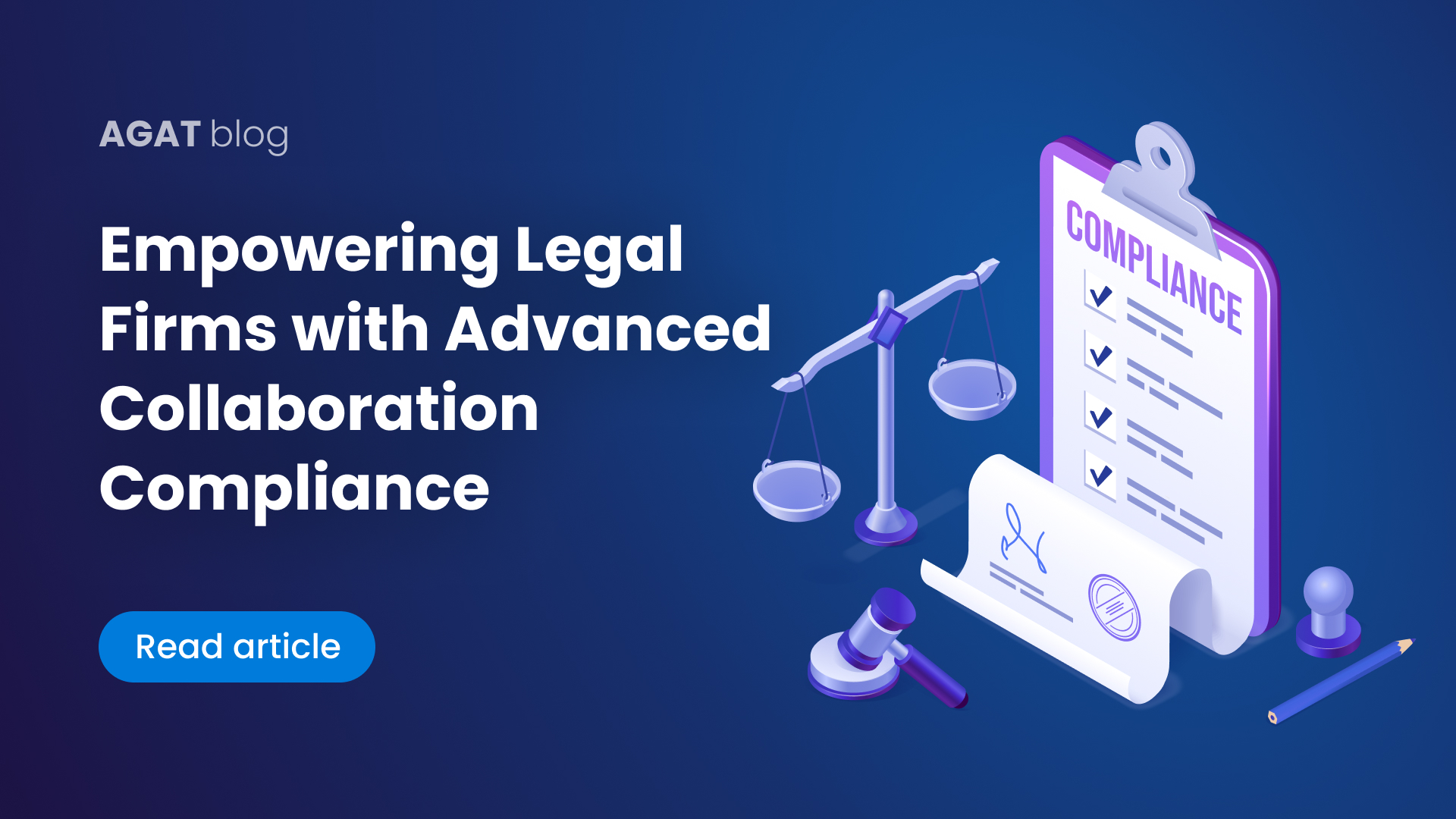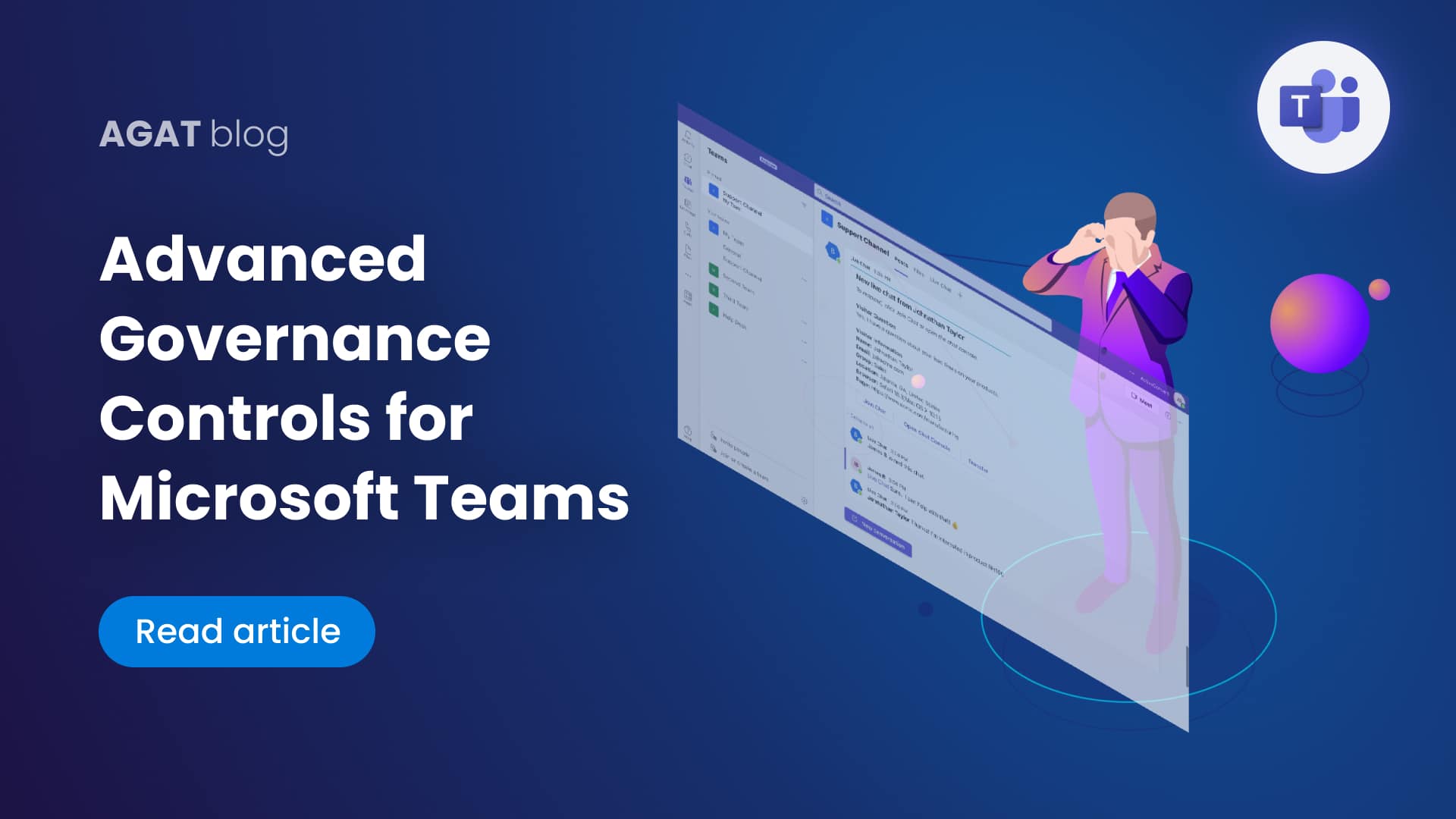SkypeShield offers innovative security solution that allows users of RSA SecurityID and other secure tokens to safely connect to their organization’s Skype for Business server without using their Active Directory (AD) credentials.
SkypeShield’s solution adds another secured authentication option, enabling strong mobile and external Skype for Business authentication for organizations with a network policy that requires Hardware One Time Password (OTP) or Two Factor Authentication (TFA).
Organizations that use OTP tokens, such as RSA SecurID Authenticator device, have a problem using them in conjunction with Skype for Business. The new solution enables therefore both mobile and desktop users to connect to Skype for Business using their RSA token while avoiding the usage of AD credentials and implementing TFA.
Moreover, SkypeShield can require the user to register in a self-service portal to further add security to the authentication process and make sure only registered devices can connect.
The device registration process is completed once and the user uses his RSA token to authenticate and enable Skype for Business connectivity thereafter.
“The market for security tokens is constantly growing, requiring organizations, that use Skype for Business to look for new security solutions,” said Guy Eldan, CEO of AGAT Software which developed SkypeShield. “After we launched a special solution for smart card mobile authentication, it was only natural to add another special solution for security tokens.”
SkypeShield’s solution does not require setting Active Directory Federation Services (ADFS) and offers a complete user experience including both Skype for Business & Exchange information, which can be safely used from the external device.
It also addresses account lockout protection and other TFA software solutions for external Skype for Business clients.
A recent survey by research company Frost & Sullivan indicated that the global OTP market is growing at an annual rate of 7.5 percent and is expected to reach $1.2 billion by 2017.



